Now that you know your dog has diabetes, one of the most important things you can do is make sure he or she eats well. A consistent, tasty and nutritious diet plays a key role in managing your dog’s diabetes. The best diet for your dog is one he or she will eat reliably and consistently as this will also help to maintain an ideal body weight and condition. It’s a good idea to ask your veterinary practitioner about the best diet for your pooch, including suitable treats for your diabetic dog.
Some important things you can do to get started includes:
- Working with your veterinary practitioner to calculate the daily total caloric intake (including any snacks or treats) to help your dog maintain or achieve an ideal weight.
- Choose a commercial dog food with a high-quality protein source and limited carbohydrate content – and one that your dog likes to eat.
- Keep meal content, amount and timing the same each day to minimise blood glucose fluctuations.
Here are a few other things to keep in mind
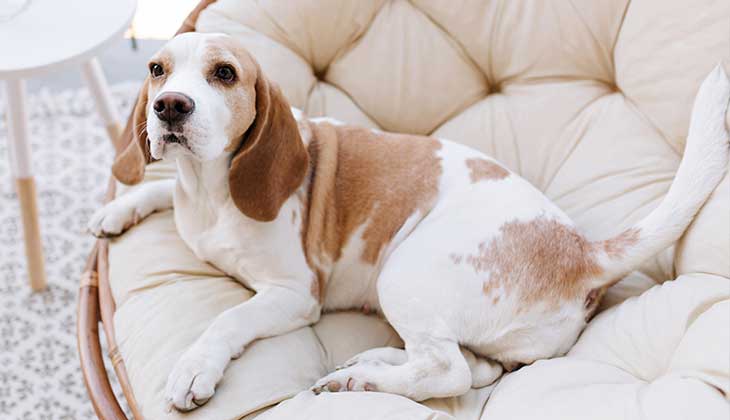
Diabetic Dog Food
These meals are specially formulated veterinary prescription diets and they are meant to help minimise fluctuations in blood glucose. High in fibre, these diets can also be useful if your pup needs to lose weight.
Regular Dog Food
A regular or commercial dog food that offers a balanced and complete diet may be suitable for your diabetic dog, but in many cases, diabetic dog food may be a better option. It’s a good idea to discuss this with your veterinary practitioner.
Clean Drinking Water
You should always have clean water available for your dog to drink and you can measure how much your dog is consuming throughout the day to monitor his or her progress, since the amount drank will decrease as your dog’s diabetes improves with treatment.
Snacks or Treats
Your veterinary practitioner can recommend snacks or treats that are suitable for your diabetic dog. These should be included as part of your dog’s daily caloric intake.
Time Insulin Injections and Feeding
You should feed your dog around the time that you give him or her insulin injections. This can help manage increases in blood glucose that occur as your pup digests food.
There are benefits to the specific timing of these injections depending on your dog’s condition and temperament;
- Injections immediately before meals – allows you to feed your dog as a reward after injecting insulin.
- Injections during meals – allows you to see that your dog is feeling well and eating normally before the insulin is injected. This also provides an opportunity to distract your dog while administering the injection.
- Injections immediately after meals – allows you to see that your dog is feeling well and eating normally before the insulin is injected.
Number of Meals in Relation to Insulin Injections
The number of insulin injections your dog needs each day will determine what proportion of his or her daily calories should be consumed at each meal.
- Once daily insulin injection – First meal should be in the morning with the second meal about 8-12 hours later. Your veterinary practitioner can advise you as to what proportion of your dog’s daily caloric intake should be fed at each meal.
- Twice daily insulin injections – Feed half of your dog’s total daily caloric intake at the time of each injection.

I’m Not Sure if My Dog Will Eat a New Diet
Some dogs can be fussy and getting them to switch to a new food may seem impossible! It may take a couple of days for your dog to get used to this new diet. You can try mixing the new food with your dog’s previous food, then gradually decreasing the amount of the old food you add in. It is important that your dog eats consistently, so if your dog really does not like the new food, then alternatives will need to be considered. You can discuss your dog’s diet with your veterinary practitioner and should consult him or her before making any dietary changes.
Body Weight and Condition
Maintaining your dog’s ideal body weight will help simplify managing his or her diabetes. Your veterinary practitioner will advise you as to your dog’s body weight and condition and how to manage your dog’s weight.
Underweight Dogs – These dogs need a highly digestible diet containing high-quality protein which should help your dog gain weight gradually.
Overweight or Obese Dogs – These furry friends require gradual weight loss and insulin dose adjustment because of the risk of low blood glucose, a condition called hypoglycaemia, which is a serious complication of diabetes.
This Seems Like A Lot To Remember!
Managing the health and nutrition of your diabetic dog is really important and it can seem like a lot. The good news is that there are several products that can actually make feeding, tracking and monitoring just a little easier for you plus provide, provide you with the reassurance that your beloved pooch is getting just what he or she needs.
Remember…
Most cases of canine diabetes can be managed at home with insulin injections, an appropriate diet and regular exercise, with affected dogs living just as long and actively as other dogs. The most important factor in choosing a diet for your dog with diabetes is that he or she likes the food and is willing to eat it every day.
Also, remember to keep an open dialog with your veterinary practitioner!
Looking for a Veterinary Practitioner?
Your veterinary practitioner plays a big role in your pet’s health. Enter your location information and get a list of vets near you.
FIND A VETERINARY PRACTITIONER NEAR ME

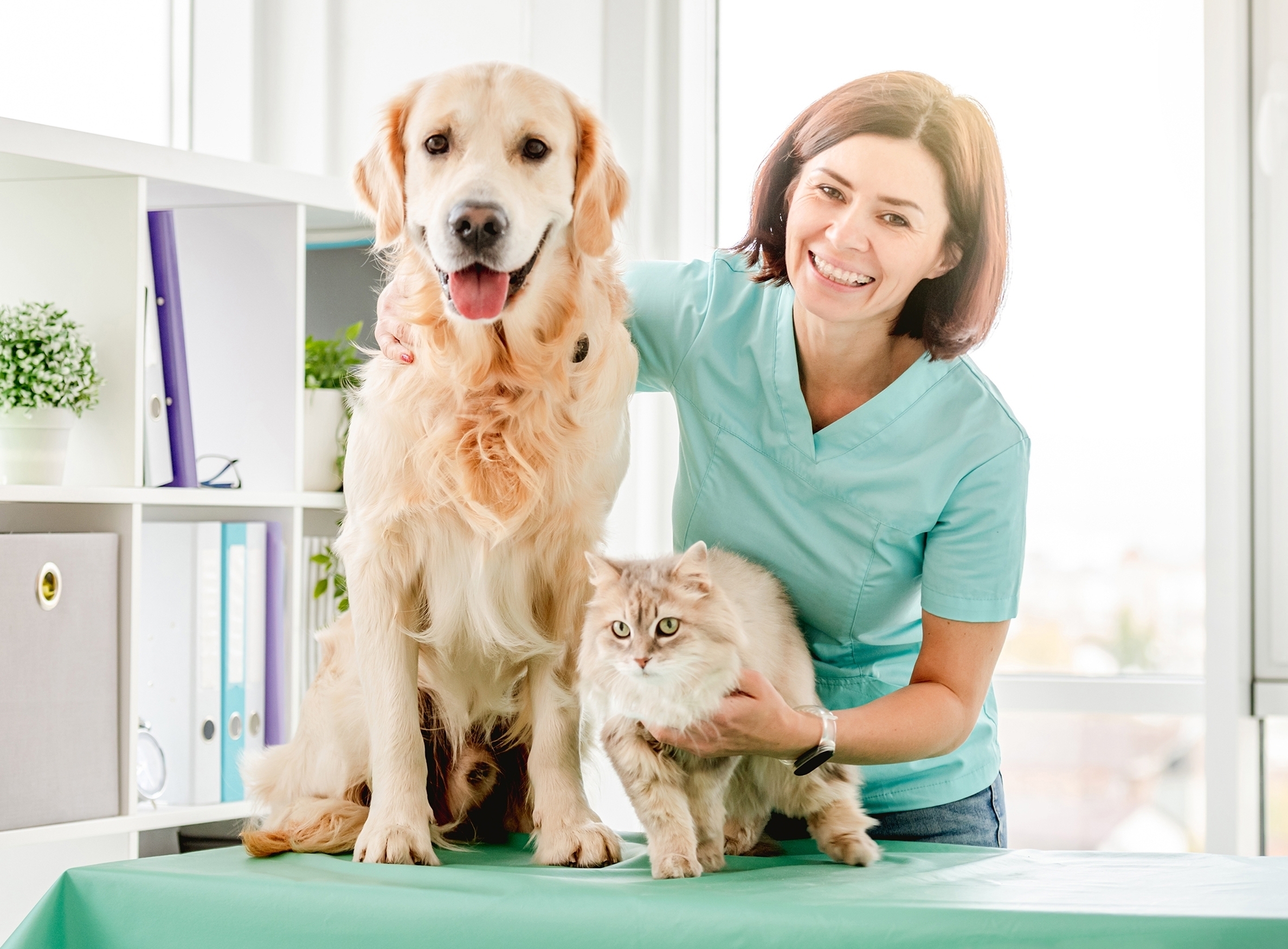
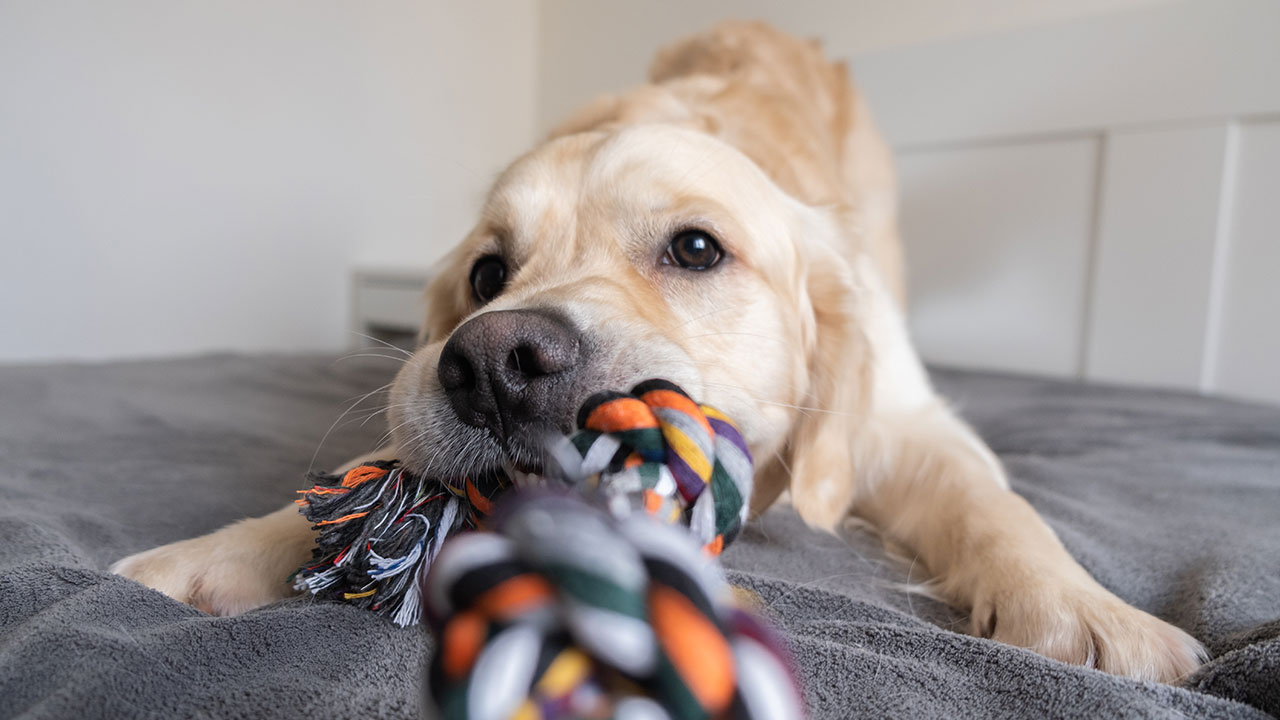
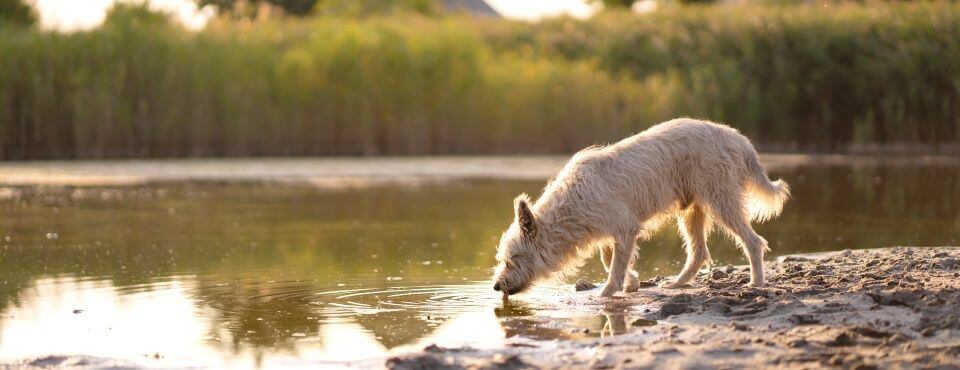
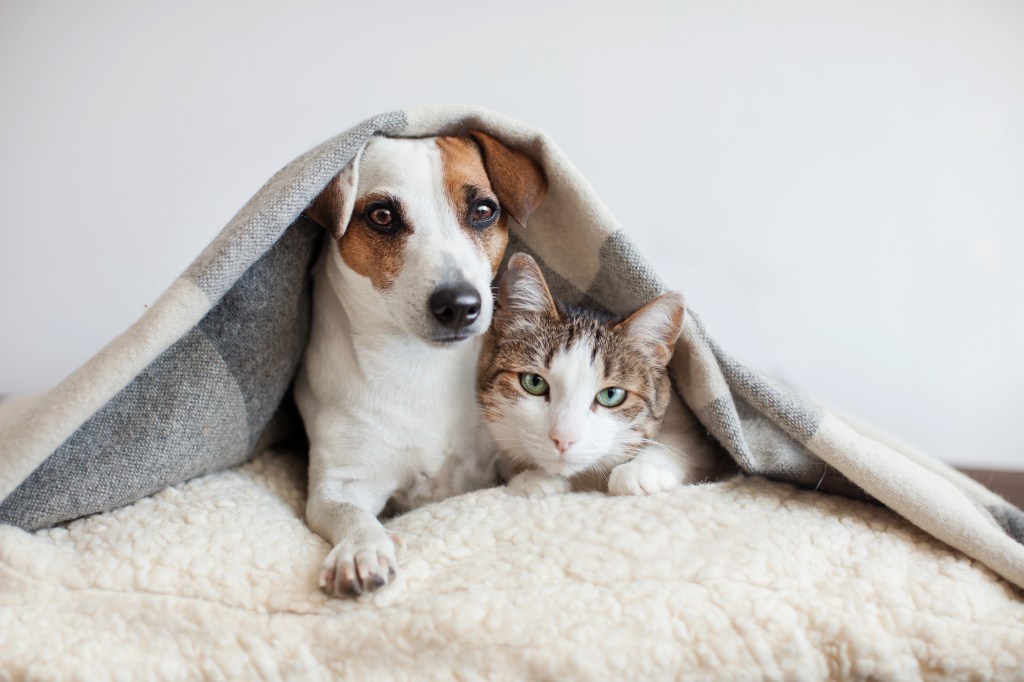
 Go To United States
Go To United States Austria
Austria Belgium
Belgium Czech Republic
Czech Republic Denmark
Denmark Europe
Europe Finland
Finland France
France Germany
Germany Greece
Greece Hungary
Hungary Ireland
Ireland Israel
Israel Italy
Italy Netherlands
Netherlands Norway
Norway Philippines
Philippines Poland
Poland Portugal
Portugal Romania
Romania Saudi Arabia
Saudi Arabia Slovakia
Slovakia South Africa
South Africa Spain
Spain Sweden
Sweden Switzerland
Switzerland Turkey
Turkey United Kingdom
United Kingdom